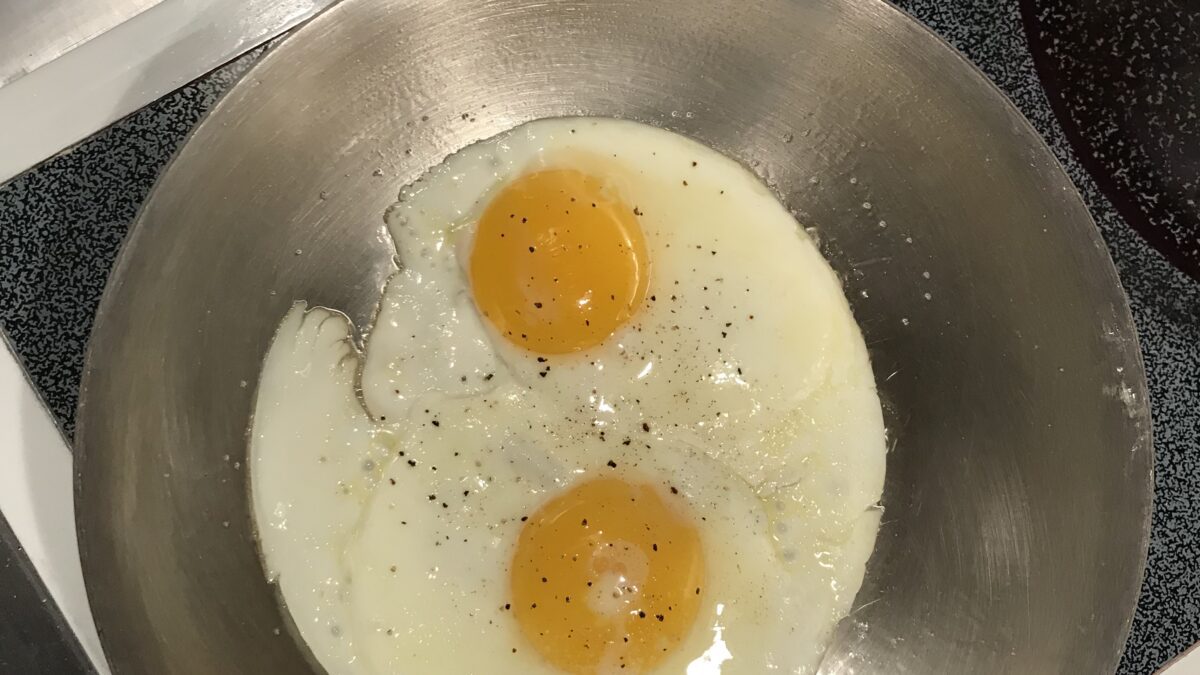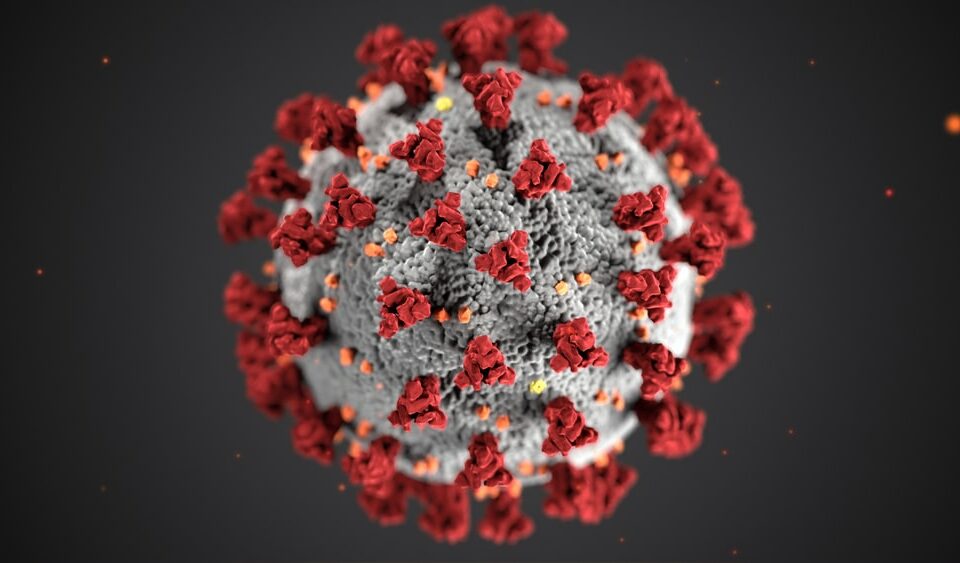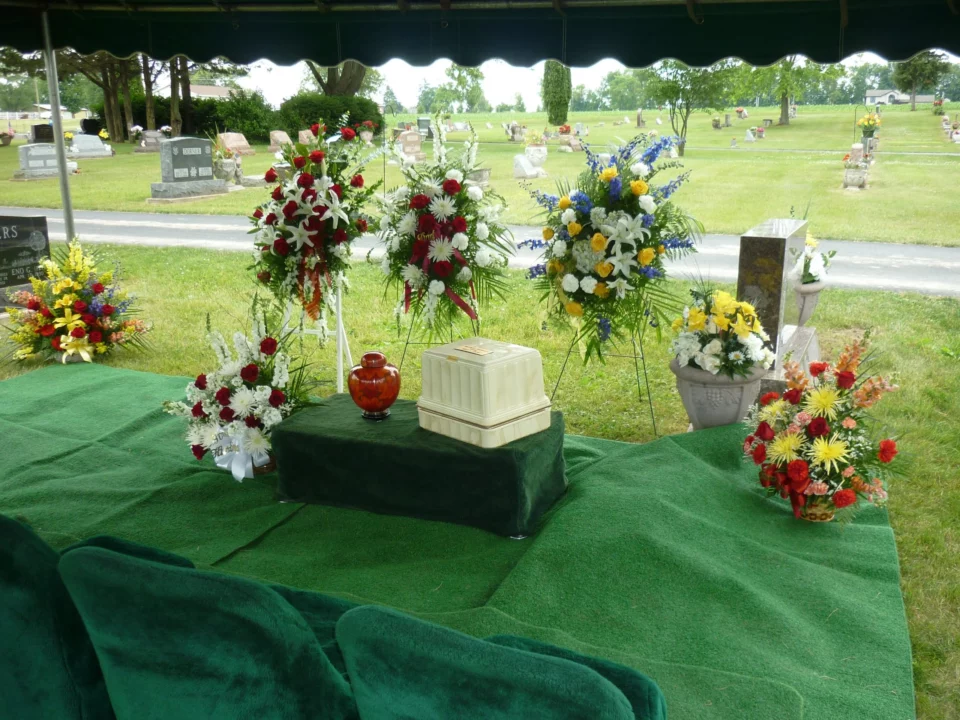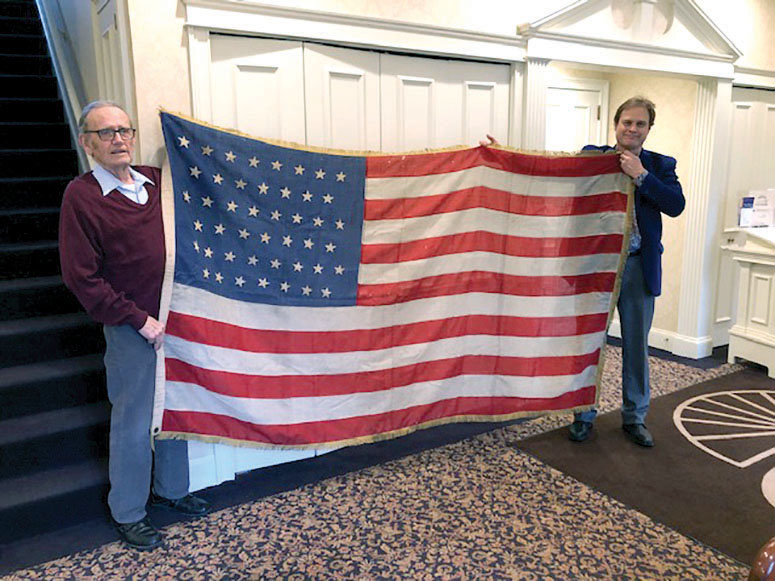A Day In The Life: Wednesday
- a day in the life of a funeral director
- celebration
- celebration of life
- community support
- daily life as a funeral director
- family support
- funeral director insights
- Funeral homes Eaton County
- funeral homes in charlotte
- funeral planning
- grief reconciliation
- healing after death
- healing following death
- healing grief
- I don't want a funeral
- life as a mortician
- Life Celebration
- life stories
- memorial service ideas
- memories
- mortuary life
- pre need
- preneed
- preplanning
- reconciling demands with needs
- reconciling points of view
- smile after death
- smile again
- smiles during grief
- stories
- support group
- supportive friends
- undertaker

Wednesday, Humpday!

Wednesday Morning the sound of eggs frying in the pan.
As the orange juice splashed into the plain clear glass, the background noise of eggs frying in the pan was the only other sound in the kitchen.
Oh boy, the obituaries!
I stepped out on the porch to get the morning paper to see what had happened in the world, and to follow the routine that many of my community members joke about, reading the local obituaries. How many times have I heard friends say “Yeah, I read the obituaries every morning , and if I’m not listed there , then I plan the rest of my day.” It is usually said with a smile, and I figure the underlying meaning is that they realize we are all mortal, and in many ways, are thankful that they are still here on the good earth. They are actually checking to see if death has affected their lives by claiming one of their friends or community acquaintances. Even if the name they recognize is not a close friend, the announcement of someone’s death often brings a moment of introspection and reaction. That my be a reaction of support, “I should call the family,” relief, “I’m glad it isn’t my family”, or even a call to action, “perhaps I should get my own affairs in order.”
The funeral director has a number of other reason’s to read the local obituaries. It is a barometer that measures what is happening in our profession that no other profession has. Where else can a competitor read a detailed description of what their colleague across town is doing this week. From those notices I can compile a profile of what any funeral home offers in the way of services and options to the family, and even have an accurate idea of their business practices and results.
A call for help
As I finish scanning the front page, the telephone breaks the silence. It is a family asking for our assistance. This time it is an unexpected natural death of a person somewhat younger than I am, an individual that I know from the community as a likable fella with a great sense of adventure.
During the conversation the shocked family member tells me that family members are returning from other parts of the country to “figure out what to do.” The next sentence the person uttered was”You know he didn’t like funerals, and he didn’t want anybody staring at him in a casket, he just wanted to be cremated and have us hold a party.”
Why do people say things like that?
How often do I hear that comment? Very frequently, however, the reason’s behind the statement are often based on the thought “gee I would rather not have to do anything that isn’t fun”. While funerals are rarely thought of as “fun”, they can be meaningful and helpful in saying farewell to a beloved friend and family member. I always find it an irony that the comment, “Don’t do anything for me” is often uttered in the front hall of our funeral home, as the person is taking part in a funeral or visitation, actually participating in the support of someone else who is experiencing grief. By their presence, they are demonstrating that they believe it is important to gather and acknowledge the pain of loss by supporting others, while at the same time their declaration says that they want to rob their own family of the necessary and helpful experience of community support. Anther person’s comment may be more a statement of their state of mind when they make that comment. Is it during a time of anger or depression? Do they feel that they are isolated from or have been abandoned by their friends? Dont’ mistake a friend’s absence as a statement of their friendship or lack of it. People in today’s society are often overburdened with the many tasks of life and just don’t have the time to keep up with friends on a regular basis. Perhaps they are experiencing a debilitating illness. Friends are often reluctant to visit or call on them during a tough time or illness because they don’t want to intrude, or cause additional burden.
Make a Fuss
Why does a person say something like “don’t do anything for me?” In many cases it may based upon the thought that they don’t want to be a bother or a burden to anyone. My sweet little grandmother who was stricken with limited mobility often made similar statements about everyday life. “Oh don’t bother coming to get me for Sunday dinner, it’s so much work for you to get me in the car and take me to your house.” We did it anyway , and she loved it and we did too. How often do you hear a parent say, “oh don’t get me anything for Christmas, I don’t need anything.” But just imagine them not having something to open on Christmas morning. They most likely would feel somewhat left out and a bit unappreciated.
Celebrate the life
Another reason that some people utter the “don’t do anything for me” statement is that they say , “I don’t like funerals.” That is understandable if you look at the fact that a funeral often evokes deep emotions of loss of a close friend and family member. However, the opportunity to gather friends and community together at a visitation, gathering, funeral, or memorial also provides emotional support for the surviving family members. It also reinforces the value of that person’s life and what they meant to the community, and shows how the memory of the fallen family member will live on with others. That is a comfort to the surviving family members. The presence of others also relieves the sense of isolation and despair that many people feel when a family member or close friend dies, leaving us to face the world alone, without them.
Gather together
Gathering the community together is necessary support for the surviving family members and friends. I think of it as a big group hug that holds the survivors through the next days weeks and months while they learn to stand on their own again in a world without the deceased family member.
“He said” VS “what we need to do”
Later in the afternoon the family assembles in the library at the funeral home and we talk about what they need to do to mark the passing of their family member. The conversation starts with the statement that “he didn’t want anything.” the discussion that follows,however, reveals the family’s numerous conflicts with the deceased’s statement. Their comments include, “But we need to see him to say goodbye.” “How can we leave his friends out, they were close to him as well. We need the opportunity to share his stories and hear the stories that others need to tell about him. I want the support of the community, I don’t want to be isolated.”
Compromise
The conversation then turns to how we can balance the needs of the family with the wishes of the deceased. After many ideas and options, they decide that the person will be present for the service and those that need to say goodbye with him physically present can have that opportunity. We discuss the people who will be asked to share memories during a service to be held later in the week. A close family friend who is a pastor is suggested to conduct the ceremony.
The conversation then turns to how we will represent the deceased’s life and passions. It is decided that each person will select their favorite photos to be included in a Living Album video,hunting trophies, and things that he made in his home workshop will be brought in and displayed at the funeral home.
The family acknowledges that even though the deceased had mentioned that he didn’t want any of this fuss, they feel that they need the support of community gathering, remembrance, and celebration of the person they knew and loved.
Reconciliation with stated preferences
The request that he uttered “just have a big party for me” is used as the basis for a gathering to follow the service at one of the local clubs where the family is a member. And since the deceased had requested that cremation be the form of disposition it is decided that the service should end with his friends carrying his casket to out to the funeral coach, and the coach should lead a procession of those in attendance to the “party” afterward as if the deceased is taking them all to “his” party. Then as we arrive at the club, the cars will be parked, and those gathered will bid farewell as the coach quietly departs to convey the body of their beloved family member to the crematory for the final disposition.
It sounds like it will be pretty cool
At the conclusion of the conference with the family One of them follows me out of the library and says to me quietly “Thank you for helping us sort that all out. I hope it doesn’t sound to weird, but I am looking forward to dad’s funeral. It sounds like it will be pretty cool.” Then she smiles and says “Is that weird?” I reply, “Not at all, that is the beginning of your healing.”
A new sense of purpose
As I returned to my office I had a new sense of purpose as I set about preparing the death notices, and making the necessary calls to the participating individuals to activate the families plan……And assist in drawing their support group of friends and family around them to help them through one of the worst times of their lives.



